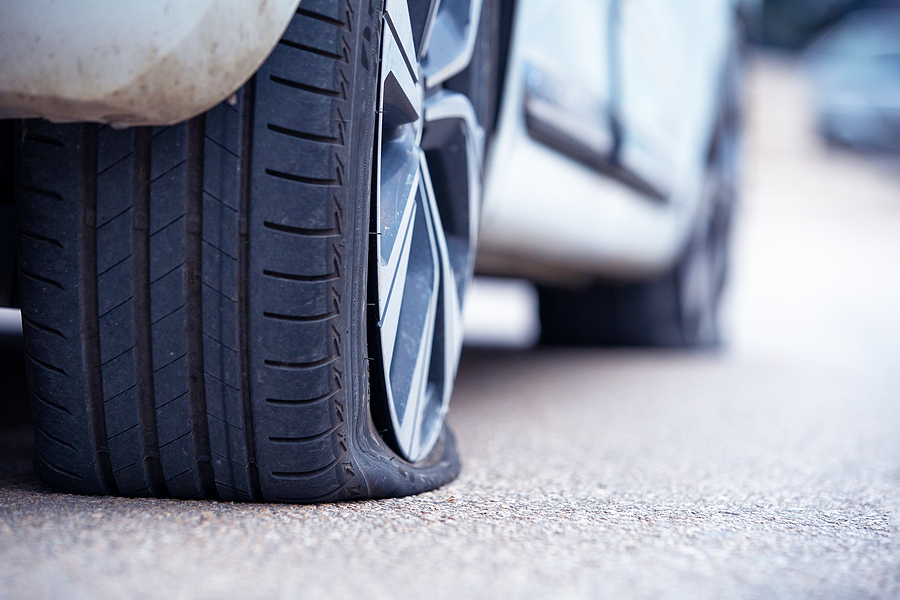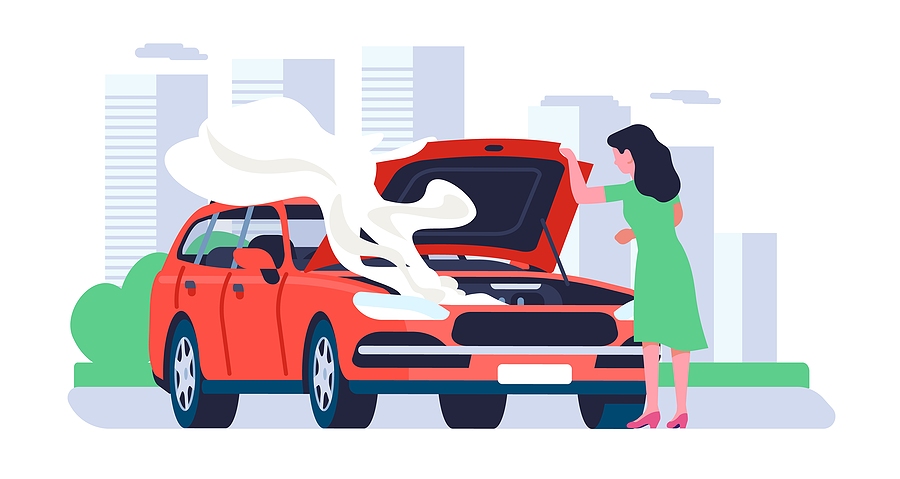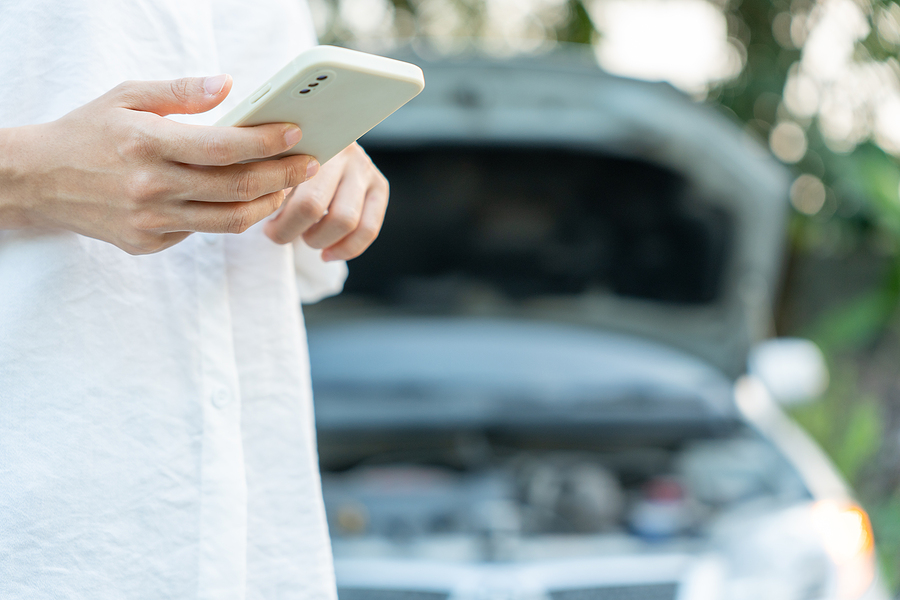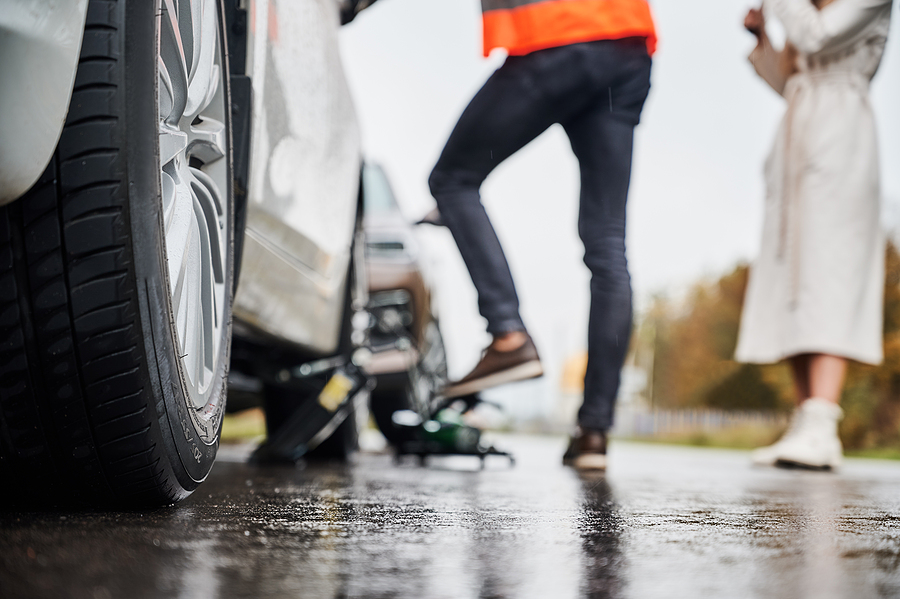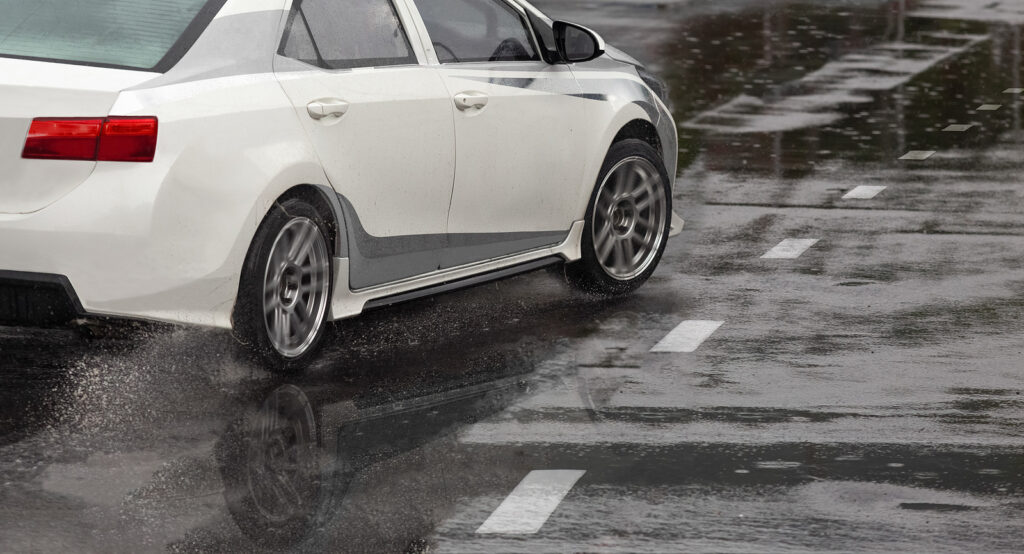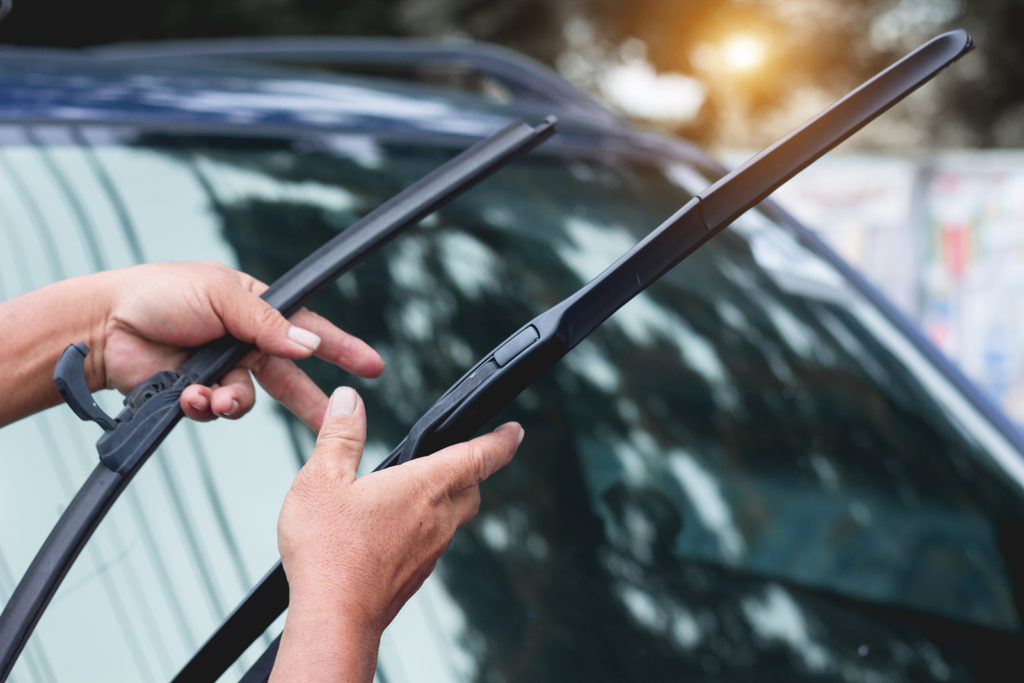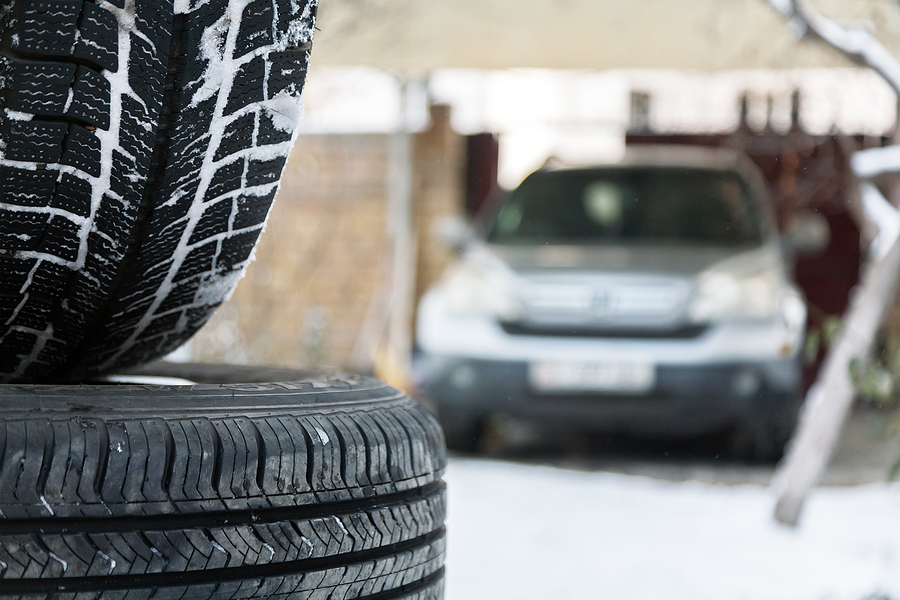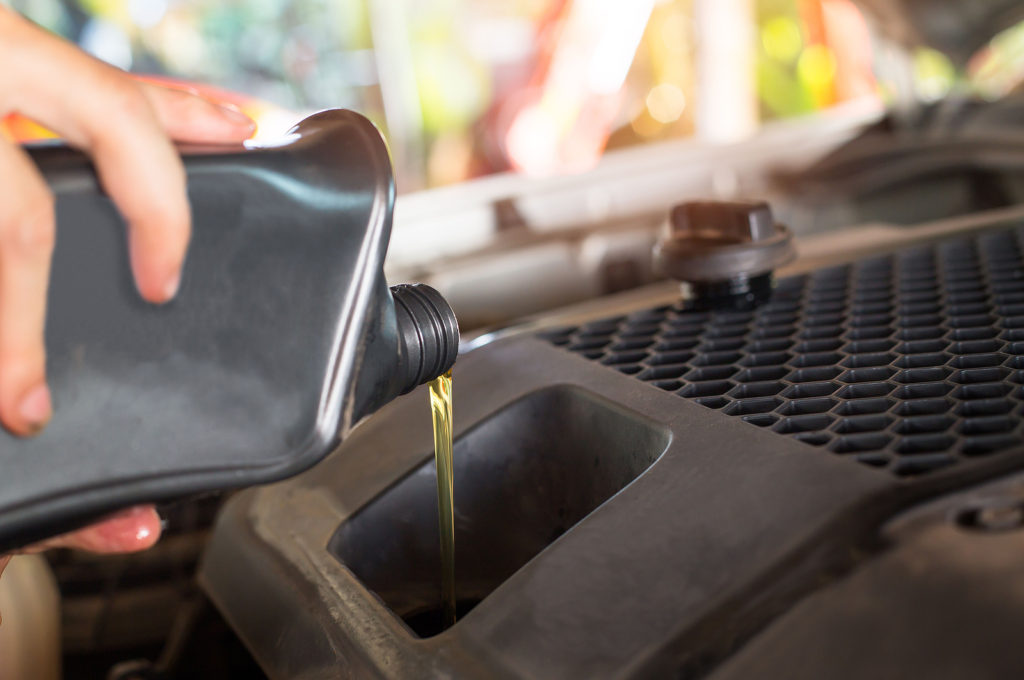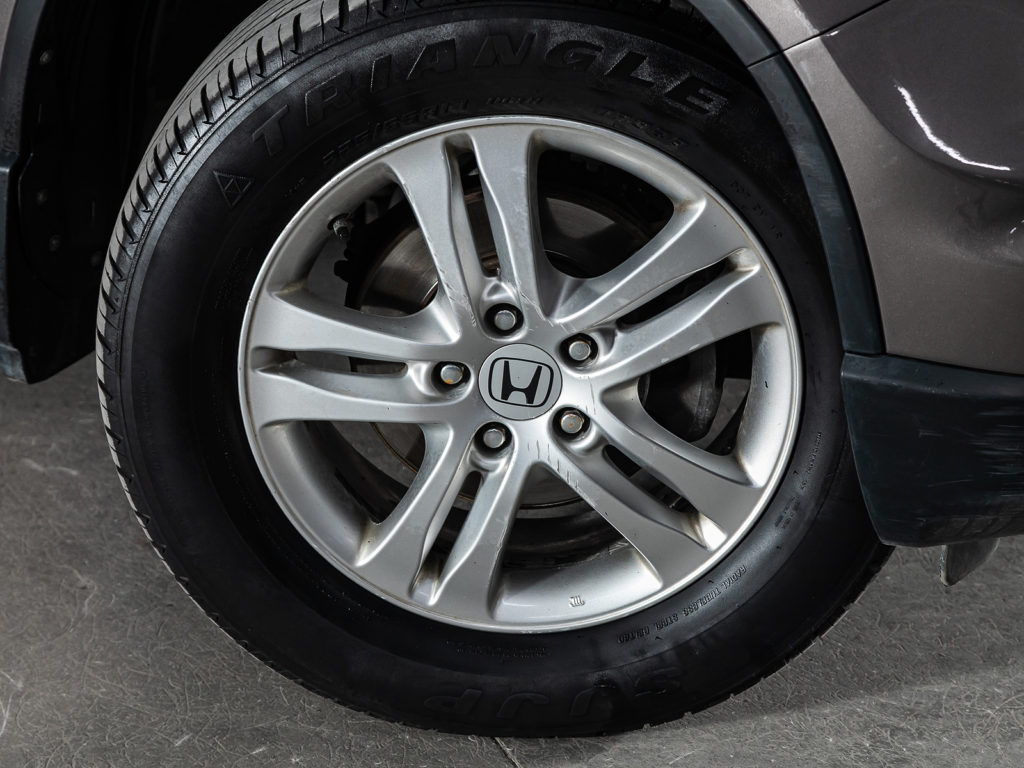Few things can induce a sense of instant panic like the moment your car sputters, coughs, and then falls ominously silent, leaving you stranded at the side of the road. A sudden car breakdown can be a daunting experience, especially if you’re in unfamiliar territory or the weather conditions are less than ideal. But fear not, you’re not alone in this predicament.
In this blog post, we will guide you through the immediate steps to take if your car breaks down, how to effectively use roadside assistance, and when it’s time to call a tow truck. We aim to prepare you for these unexpected situations, turning a potential crisis into a manageable inconvenience. Stay with us as we navigate the unexpected journey of vehicular misfortune together.
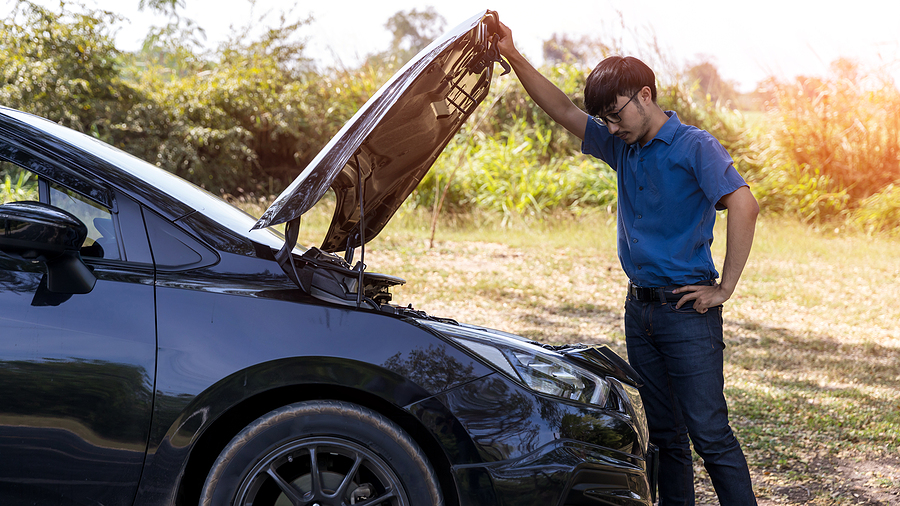
Immediate Steps to Take After a Car Breakdown
The first and most important step is to stay calm. We know it’s easier said than done, but panicking will only make the situation worse. Take a deep breath, put on your hazard lights, and safely pull off to the side of the road or onto the shoulder. This will not only ensure your safety but also that of other drivers on the road. If your car is still running, try to move it to a safe location away from traffic. Turn off the engine, put your car in park, and engage the emergency brake.
Next, assess the situation. What were you experiencing before the breakdown? Did you notice any warning signs or strange noises? This information will be helpful when communicating with a roadside assistance company or a mechanic later on. If you have a roadside emergency kit, now is the time to use it. Flares, reflective triangles, and a flashlight can help make your car more visible and protect you from other drivers.
Using Roadside Assistance Effectively
If you have membership with a roadside assistance program, now is the time to put it into action. Contact their 24/7 hotline and give them your location, vehicle information, and a brief description of the issue. They will dispatch a mechanic to your location to help get your car up and running again. Some insurance policies also come with roadside assistance, so be sure to check if you have this valuable coverage. If you do not have a Triple-A membership or something similar, simply contact a local roadside assistance company for immediate help. These companies generally operate 24 hours a day and 365 days a year.
While waiting for roadside assistance, it’s important to remain at a safe distance from your vehicle and avoid accepting help from strangers. If someone offers to give you a ride or fix your car, kindly decline and wait for the professionals to arrive.
When it’s Time to Call a Tow Truck
In some cases, roadside assistance may not be able to fix the issue with your car on the spot. This is when it’s time to call a professional towing service. If you have a preferred tow truck company, give them a call and arrange for them to transport your broke down car to a nearby mechanic or dealership. If you don’t have a go-to company, don’t worry. Roadside assistance can also help you find a reputable and reliable towing service.
It’s important to note that if your car broke down due to a wreck, your insurance company may cover the cost of towing. Be sure to check with them before calling a tow truck.
In Summary
A sudden car breakdown can be stressful and overwhelming, but by remaining calm and taking immediate action, you can minimize the inconvenience and get back on the road as soon as possible. Remember to always have a roadside emergency kit in your car and consider investing in roadside assistance for added peace of mind. And if all else fails, don’t hesitate to call a reliable tow truck company to come to your rescue. Stay safe out there on the roads!
Are you in need of emergency roadside assistance because your car broke down in Indianapolis? Contact Zore’s Indy at 317-247-8484 for 24 hour roadside assistance and towing service in Indianapolis, Indiana. We serve all of Central Indiana with light to heavy-duty towing, plus heavy equipment transport and so much more!
Related Posts:
Towing Options for Transporting a Broke Down Car
Do These 4 Things if Your Car Breaks Down on the Road
What to Do When Facing a Breakdown: A Guide to Roadside Assistance Services

